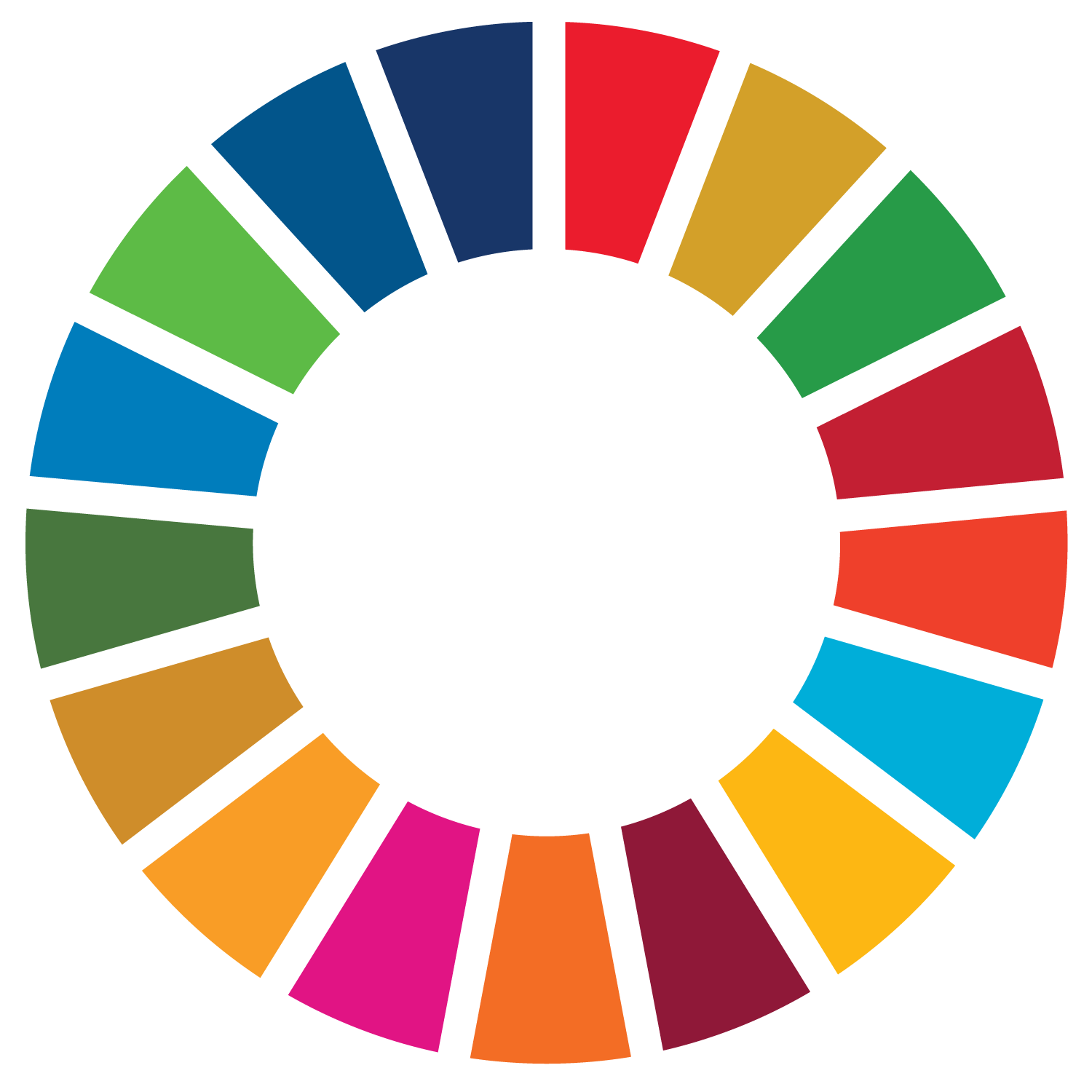Underground water project in Gilap cave, Yogyakarta, Indonesia. Source: Firman/CIFOR
Groundwater quality: measuring the invisible
Cape Town, South Africa, is highly reliant on groundwater for its rapidly growing population. But one of the main aquifers under the city, long in the spotlight for its dwindling water supplies, is at serious risk of being polluted.
Run-off from small-scale farms, landfills, cemeteries, factories and informal settlements risks leaching into the Cape Flats aquifer, which lies under much of Cape Town, found a recent study from the United Nations Environment Programme (UNEP).
Cape Town isn’t the only major city struggling with groundwater contamination. Urban centres from Pakistan to the United States have in recent years seen pollution creep into important aquifers, potentially threatening water supplies for millions of people.
“Groundwater has always been critically important but not fully recognized in sustainable development policymaking. Exploring, protecting and sustainably using groundwater aquifers, like other freshwater ecosystems, will be central to surviving and adapting to climate change, conserving ecosystems and meeting the needs of a growing population.”
Leticia Carvalho, head of the Marine and Freshwater Branch of the United Nations Environment Programme (UNEP)
World Water Day on 22 March is highlighting the hidden resource that stores 98 per cent of the world’s liquid freshwater – groundwater.
Continue reading this UNEP story to learn about the importance of groundwater and UNEP’s actions to safeguard it: Groundwater quality: measuring the invisible (unep.org)
Share this post
UNEP-DHI Centre on Water and Environment
Agern Allé 5, 2970 Denmark
Tel: +45 45169200
